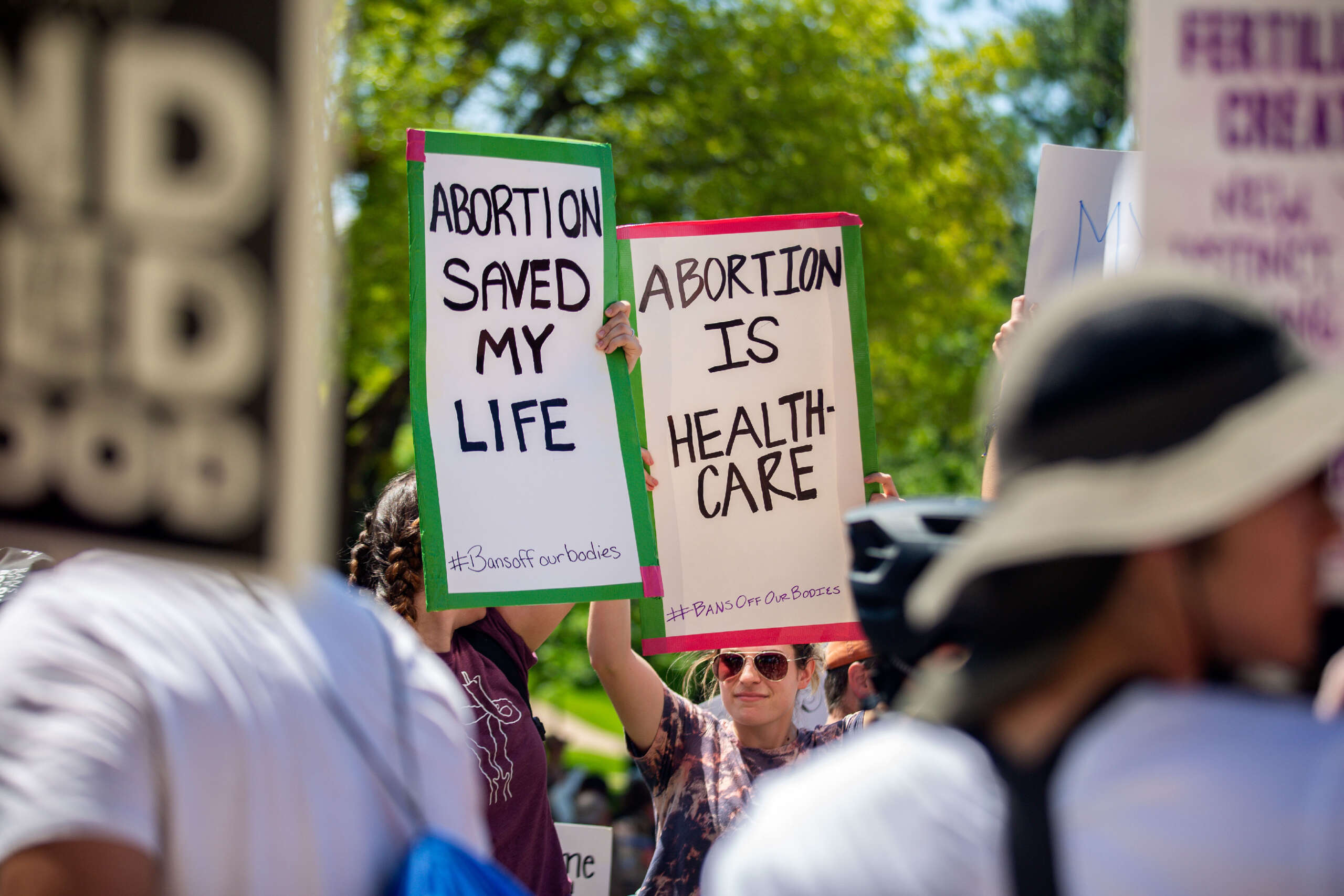
The ordinance bars pregnant Texans from traveling out of state to access an abortion.
Lubbock County, Texas, is now the fourth and largest county in the state to pass an anti-abortion ordinance that would bar pregnant Texans from traveling to access an out-of-state abortion.
Lubbock now joins three other Texas counties — Goliad, Mitchell and Cochran — that have passed similar anti-abortion travel ordinances.
Texas has one of the most restrictive abortion bans in the country, according to the Center for Reproductive Rights. Many Texans are forced to travel out of state — or even out of country — to access an abortion; it is estimated that Texans seeking an abortion have to travel an average of 240 miles each way to access care.
Abortion travel bans are enforced through private civil lawsuits filed against people who “knowingly transport any individual for the purpose of providing or obtaining an elective abortion, regardless of where the elective abortion will occur.” While the pregnant people themselves do not face legal liability, people who help them obtain an abortion could face a civil lawsuit for doing so. Anti-abortion activists have dubbed these ordinances anti-“abortion trafficking” laws.
These ordinances were drafted by ant-abortion extremist Mark Lee Dickson and former solicitor general of Texas Jonathan F. Mitchell, the architect of Texas’s “bounty hunter” abortion ban who recently demanded patient information from several Texas abortion funds. Attorney Lisa Needham has written that “Mitchell is much more than the man who helped make it legal for anti-choicers to moonlight as bounty hunters…If a culture war is going on, Mitchell is in the thick of it, representing people who used to be relegated to the legal fringes, but are now engaged in a concerted effort to move the law much further to the right.”
Dickson has also spent the last year lobbying for the passage of anti-abortion travel ordinances across the state. “Guys, I long for the day [when], coast to coast, abortion is considered a great moral, social and political wrong and is outlawed in every single state,” Dickson told the Lubbock commission.
On Tuesday, the Texas city of Amarillo, in Potter and Randall counties, held a long public hearing to consider a similar abortion travel ban that would apply to roads that lead to New Mexico and Colorado, abortion safe haven states that have seen a large uptick in patients from Texas over the past year. The Amarillo city council decided not to immediately vote on the ordinance. “These abortion trafficking ordinances really are the next stage in an abortion-free America,” said Dickson, who also made an appearance at the hearing.
Legal scholars have asserted that Dickson and Mitchell specifically crafted the ordinances to be enforced by private citizens — rather than police, sheriffs or other county officers — as a way to reduce the likelihood of an immediate court challenge, as such ordinances are likely unconstitutional.
Lubbock County Commissioner and County Judge Curtis Parrish appeared to support the sentiment of the ordinance, but was concerned that the law may not survive judicial scrutiny if it is challenged in court. “The issue isn’t whether we should stand up for the rights of the unborn or the safety of the pregnant mother, but how do we make this ordinance stand up to the scrutiny of state and federal appellate courts,” Parrish said. In the end, he abstained from voting on the measure.
Even far right Supreme Court Justice Brett Kavanaugh, in his concurring opinion in Dobbs, the case that overturned Roe v. Wade, wrote that, “May a state bar a resident of that state from traveling to another state to obtain an abortion? In my view, the answer is no based on the constitutional right to interstate travel.”
Even if these ordinances are more like ceremonial declarations than legally binding laws, abortion travel bans will harm Texans in Lubbock and surrounding communities who want to access an out-of-state abortion.
“Texans already live under some of the most restrictive and dangerous abortion bans in the country yet anti-abortion extremists continue to push additional unnecessary, confusing and fear-inducing barriers to essential health care,” said Autumn Keiser, a spokesperson for Planned Parenthood of Greater Texas.
